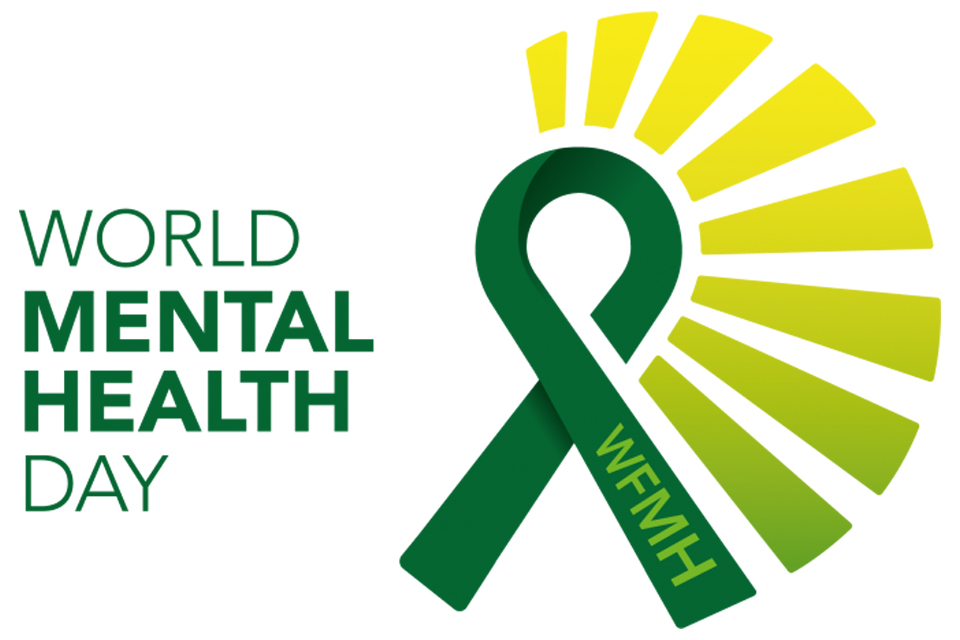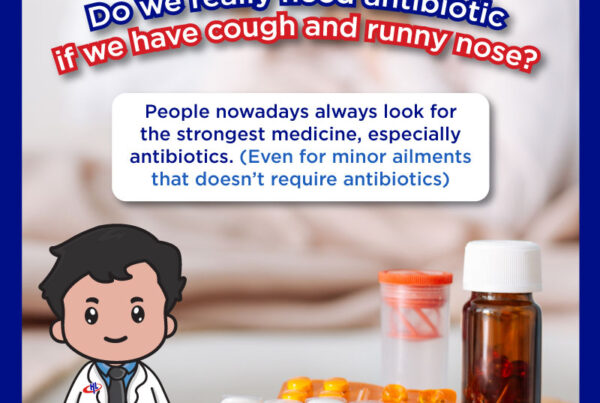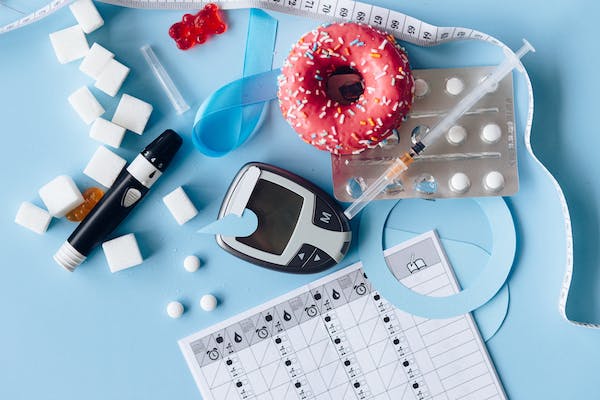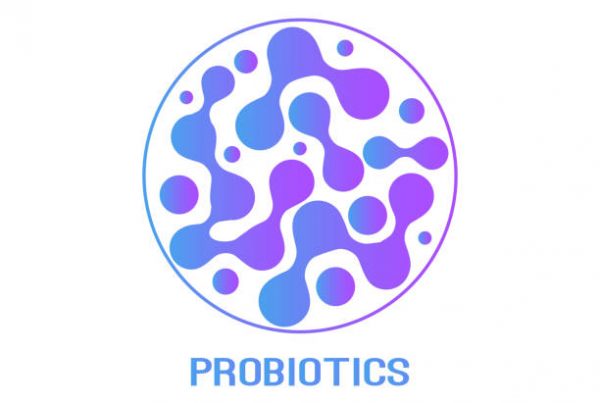World Mental Health Day
World Mental Health Day first started in 1992. Observed on every 10th of October with different theme every year. This is to raise the awareness of mental health issues among the world for a better understanding about the condition and treatment for people who have the mental health problem. According to World Health Organization (WHO), around 450 million people suffer from mental disorders globally. One in four people in the world is affected by mental or neurological disorders at some point in their lives.
What is a good mental health ?
- Defined as the overall psychological well-being which is not only about the absence of mental health problems instead should posses a strong and healthy mental as well as emotion.
Most commonly types of mental health problem
- Anger
- Anxiety & panic
- Bipolar disorder
- Depression
- Drugs & alcohol addiction
- Eating problems
- Mania
- Obsessive-compulsive disorder (OCD)
- Phobias
- Postnatal depression & perinatal mental health
- Post-traumatic stress disorder (PTSD)
- Psychosis
- Schizophrenia
- Self-esteem
- Self-harm
- Sleep problems
- Suicidal feelings
Managements
- Medications
- Antidepressants
– Works by enhancing or prolonging the activity of brain chemicals such as serotonin & adrenaline in regulating the mood. - Antipsychotics
– Not to cure psychosis.
-Instead use to reduce & control the psychotic symptoms such as delusions, hallucinations, confusion, anxiety, incoherent speech, muddled thinking, violent behaviours or mania. - Sleeping pills & minor transquilisers
– Not to cure the anxiety & sleeping problems. It is sedatives.
-Use to slow down body & brain’s functions in order to reduce symptoms of anxiety and improve sleeping patterns. - Mood stabilisers
-A class of psychiatric drugs different from antideprssants.
-Used for long term treatment of bipolar disorder, mania or hypomania.
– Use to regulate the mood and stabilise extreme highs or low mood swing problems.
-Eg: lithium, sodium valproate.
Supplements
- St John’s wort (Hypericum perforatum) – A herbal remedy that has been used for medical purposes since thousand of years in certain parts of the world. Studies have been done to prove for treating moderate to severe depression. Contains hypericin & hyperforin which play a role to affect the activity of brain chemicals such as serotonin, norepinephrine, dopamine in regulating the mood.
However, it can interact with various type of medicines. Therefore, it is recommended to consult a doctor /pharmacist before consuming.
Prevention
- Spending time with friends & family. Communicate and sharing the problems with them in order to seek for a better advices or solutions to settle the problems.
- Staying active. encourage to carry out more physical activities. Regular exercise can increase the release of brain chemicals such as endorphins which can lift up the mood, provide additional energy, relieve stress,improve memory as well as sleep
-regular endurance exercise such as swimming, running or climbing can enhance new brain cell growth& preserve existing brain cells. - Maintain a brain-healthy diet. Cut down sugary foods but increase the intake of grains and healthy fats can help in boosting energy and supporting brain health.
Foods can supports brain health:
1. Fatty fish rich in omega 3 – salmon, mackerel, sardines, tuna, cod.
2. Nuts-walnuts, cashew, almonds
3. Whole grains- oats, barley, quinoa rich in vitamins B can help to reduce inflammation & maintain nerve health of the brain.
4. Spices-turmeric, cinnamon, ginger rich in antioxidants may decrease harmful inflammation in the brain.
5. Flaxseed
6. Avacados
7. Leafy vegetables – kale, brussel’s sprouts, broccoli
8. Fruits- blueberries, raspberries, blackberries rich in antioxidants can potentially slow down aging of the brain.
9. Coffee- proved able to improve memory and potentially reduce the risk of dementia.
10. Tea- black & green teas contains brain-boosting antioxidants. - Maintain a Quality sleep. Getting enough rest and sleep can toll on your mood, energy, mental sharpness, and ability to handle stress.
- Meditation.
Method of De-stress
- Give the brain 10 minutes break by sitting in a quiet place and focusing on your breathing everyday.
- Think positively. Learn to become more resilient can help to stay strong in facing daily difficulties.
- Focus on the present. Reduce the worries about what may never happen or what’s already in the past.
References
- https://www.who.int/mental_health/en/
- https://www.mentalhealth.org.uk/campaigns/world-mental-health-day
- https://www.mind.org.uk/get-involved/world-mental-health-day/
- https://learnenglish.britishcouncil.org/magazine/world-mental-health-day
- https://www.nhp.gov.in/world-mental-health-day_pg
- https://www.helpguide.org/articles/mental-health/building-better-mental-health.htm
- https://www.gulfbend.org/poc/view_doc.php?type=doc&id=13021&cn=5
- https://sciencebasedmedicine.org/st-johns-wort-for-depression-a-herbal-remedy-that-works/
- https://my.clevelandclinic.org/health/articles/9304-st–johns-wort
- https://healthybrains.org/pillar-nutrition/
Name : chu vun san (FRP)





